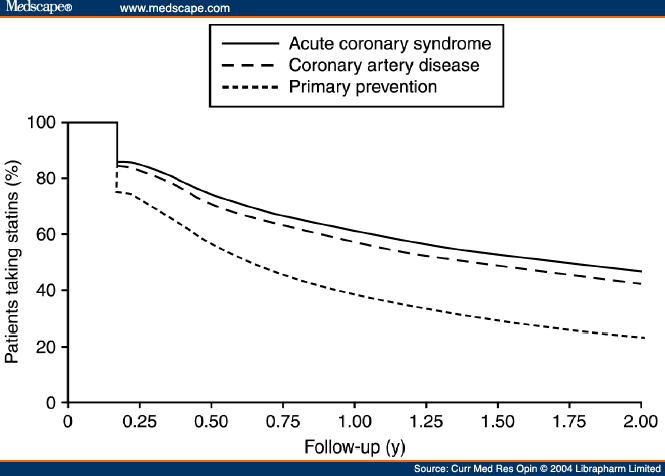Leadking
Contributor
You are on the right track.
In my generation, baby boomer, you were commitedto your sport. There were only a few to choose from. I dove in the summer and skied in the winter, that was it. Look at the choice in activities today, all copeting for your attention and money. I watched tennis, running, golf, biking, and roller blading peak and fall. It is the natural progression of things today.
In my generation, baby boomer, you were commitedto your sport. There were only a few to choose from. I dove in the summer and skied in the winter, that was it. Look at the choice in activities today, all copeting for your attention and money. I watched tennis, running, golf, biking, and roller blading peak and fall. It is the natural progression of things today.




